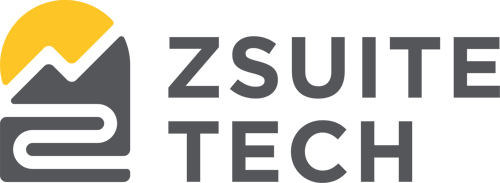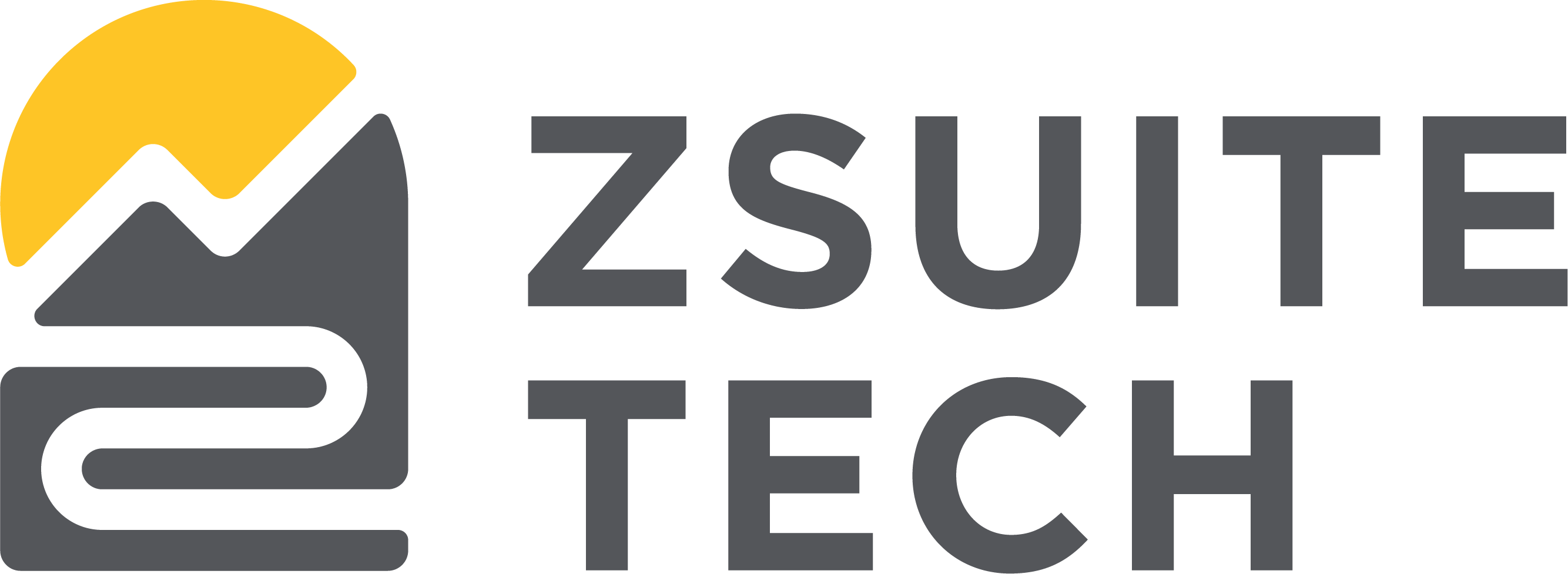How ZEscrow Works for QI's:
ZEscrow features QI’s love
1
Streamlined Qualified Escrow Management
Robust user-friendly platform simplifies setup, disbursement, and fund management for a seamless experience.
2
Interest Configuration by Subaccount
Set interest allocation at the subaccount level while opening account.
3
Self-serve Reporting
ZEscrow's tools enable precise tracking of funds and interest accruals, ensuring transparency throughout the exchange process.
4
Quick and Secure Wire Transfers
ZEscrow facilitates reliable movement of funds between subaccounts and parties, helping with reliable and efficient wire transfers.
5
Effortless Account Management
ZEscrow's intuitive interface allows online account opening and closure, eliminating branch visits and reducing administrative burdens for the banker and the QI.
6
Secure Document Storage
ZEscrow's document depository ensures safe storage and easy retrieval of important files, improving compliance and accessibility.
7
Automated Account Numbering
ZEscrow generates unique account numbers for each subaccount, reducing errors and enhancing overall operational efficiency.
“I love this, it's going to work great for our business.”
Current QI Customer
$10 Billion Bank Partner









